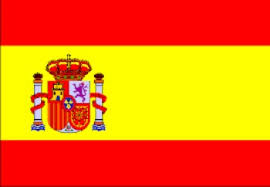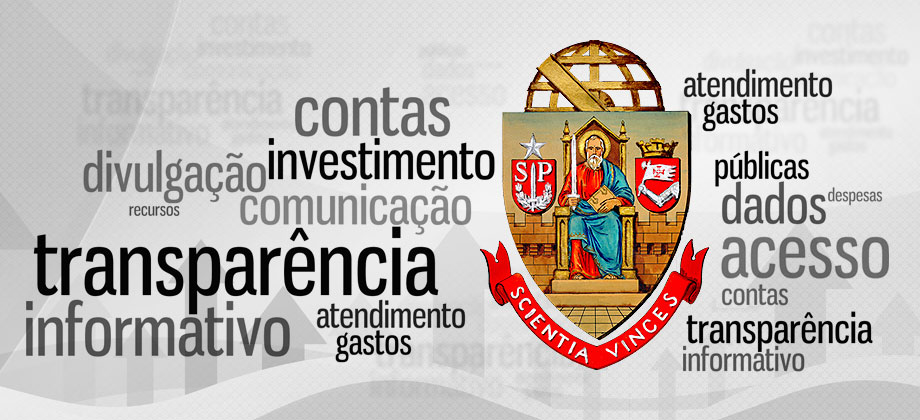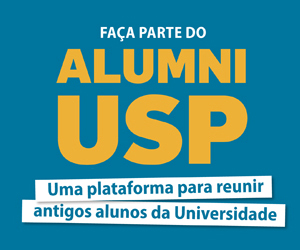Graduate Program in Energy - PPGE
In order to develop an approach to energy issues with an interdisciplinary, global and integrated vision, the University of São Paulo - USP created a group of lecturers and researchers in the field of energy in 1986 to conduct studies and research on energy in the fields of science and academia. This process was consolidated through the creation of the Graduate Program in Energy - PPGE (initially known as the Interunit Graduation Energy Program - PIPGE).
The Masters’ course was created on January 17th, 1989, and the PhD course in May 12 th 1993. Both initiatives were born as interunit courses, with the participation of the following USP schools (units): the Polytechnic School (EP), the Faculty of Economics and Administration and Accounting (FEA), the Institute of Physics (IF) and the Institute of Electrotechnics and Energy (IEE). Since its inception, the PPGE has centralized its administration and operation linked to the IEE. Over the last 25 years, this relationship has been very constructive for the Program, as well as for the IEE, since, for many years, PIPGE guaranteed the IEE's only presence in USP´s Graduate structure.
In 2012, with the support and approval of the other initial training units, the Program’s process of institutional change was consolidated, and it ceased to be an Inter-units Graduate Program to become permanently and exclusively linked to IEE - USP. In the same year, the IEE Graduation Committee (CPG) regulations were approved and this CPG established the link between two Graduation programs, both abandoning their initial Inter-units character, also constituting their respective Program Coordination Committees (CCP) namely, the Energy Program (PPGE) and the Environmental Sciences Program (PROCAM). Both programs became linked exclusively to the IEE.
The Energy Program Regulations were revised and approved during the second half of 2012 and beginning of 2013. This revision process resulted from the promulgation of a new regiment for USP's graduate program (Resolution no. 6542, of 04/18/2013), which established the general rules for all graduate programs at this institution. The new Program Regulations effectively came into effect from 2014 onwards. In this sense, during the four-year CAPES evaluation from 2013 to 2016, the PPGE experienced a transition and normative consolidation process. In April 2013, the members of the new PPGE Coordinating Committee (CCP Energia) were elected for a two year term.
Even though it ceased to be an inter-units program, several faculty from other USP schools maintain a link with the Program, participating as permanent professors or collaborators. Thus, the PPGE maintains its interdisciplinary proposal and is inserted in the CAPES Evaluation System in the Interdisciplinary Area, and in the Basic Area: Engineering/Technology/Management. The faculty linked to the Program recognizes the importance of the historical roots that allowed for the birth and maintenance of the Program for more than two decades, as well as the need for interdisciplinarity in the treatment of theoretical and practical issues related to energy. The advance and systematization of knowledge, its diffusion and the academic formation capable of responding simultaneously to academic, research and industry institutions constitute the specific anchor challenges of the Energy Program, in order to consolidate the interaction between academia, industry and Society concerning energy issues.
The IEE itself, after undergoing several institutional restructurings throughout 2012 and 2013, reinforced its commitment to the Program's proposal. According to the new IEE regulation, established by USP’s Resolution 5.938 of 07/26/2012, IEE’s institutional goal is "to act in an interdisciplinary way in teaching, research and extension, in the Energy and Environmental Science areas". It is established that the IEE must assume an integrating role in these two areas of knowledge, bringing together professors from related areas and from different USP schools (units).
In 2014, the PPGE Program Evaluation Committee was created, comprising the last three Program Coordinators and with the participation of three other permanent program faculty.
Among the various topics being discussed in the aforementioned Commission, the recognition of the existence of two poles of knowledge in PPGE is noted: 1) Energy Analysis and Planning; and 2) Energy Technology, aiming at becoming PPGE Areas of Concentration. In order to do so, we are working on the creation of new courses and new Research Projects linked to the current or new Research Lines, in order to articulate technological contents with teaching and research activities that can be offered by the 15 existing laboratories located at the IEE.
As a result of this process, in September 2016, the PPGE/USP sent a Program Restructuring proposal to USP’s Graduate Dean to be examined and approved by the USP Graduate Council (CoPGr). It is expected to be implemented during the academic year of 2018.





